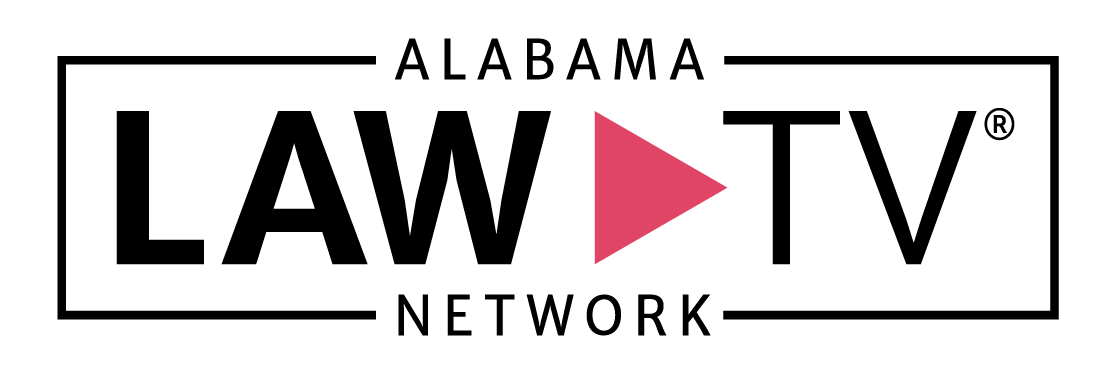QUALIFYING COMPENSATION AND PENSION EXAMINERS
During the course of a Veteran’s claim for service-connected disability compensation, a Veteran is often required to attend an examination called a Compensation and Pension (C&P) Examination. The purpose of this examination is to advise the VA as to whether the Veteran’s current condition is related to military service and/or the severity of the Veteran’s current disability. The examiners conducting the C&Ps are required to obtain various certifications to show the VA that they understand the laws surrounding their examination and the requirements of such examinations. In many cases, the Board of Veterans’ Appeals will remand, or send a case back, to the VA for a medical opinion from an “appropriate” or “qualified” examiner. So, what makes an examiner qualified to conduct these C&Ps?
The VA will request C&Ps for many, if not all, conditions. These conditions may be orthopedic issues such as low back injuries, neck injuries, or knee injuries. The conditions may be cardiac in nature such as Ischemic Heart Disease or Hypertension. The conditions may also be mental in nature, such as PTSD or other various neurological conditions. However, for each examination, the VA requires that the examiner be appropriately qualified.
A Veteran’s Health Administration (VHA) directive dated March 1, 2019, details the requirements for training and certification of VHA examiners completing a VA compensation and pension (C&P) disability examination. In short, it is the VA policy that all VHA examiners designated to complete VA C&P disability examinations must undertake and successfully pass the required VA C&P disability examination-related training and post-tests prior to conducting and completing these examinations.

 Navigation
Navigation